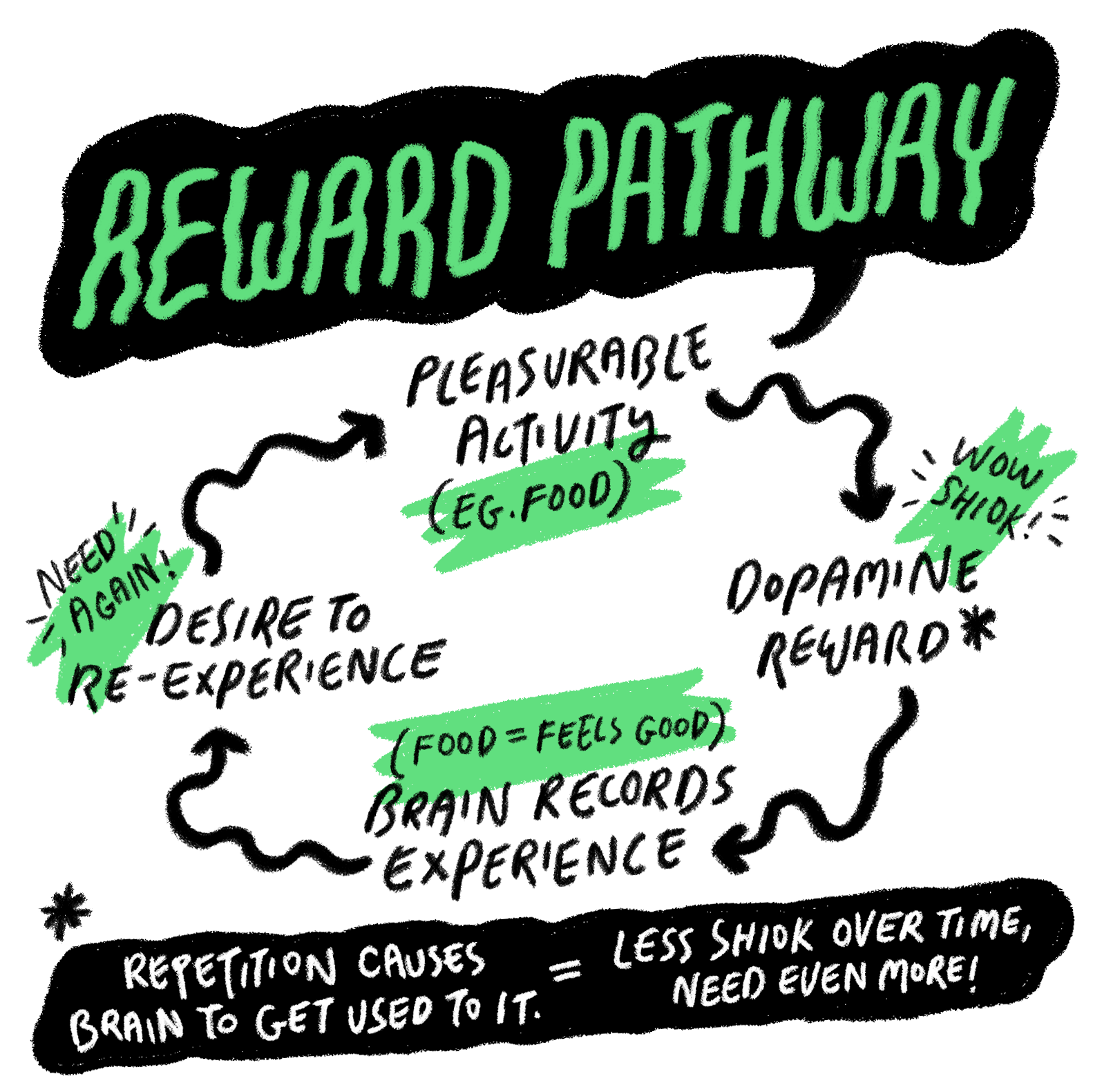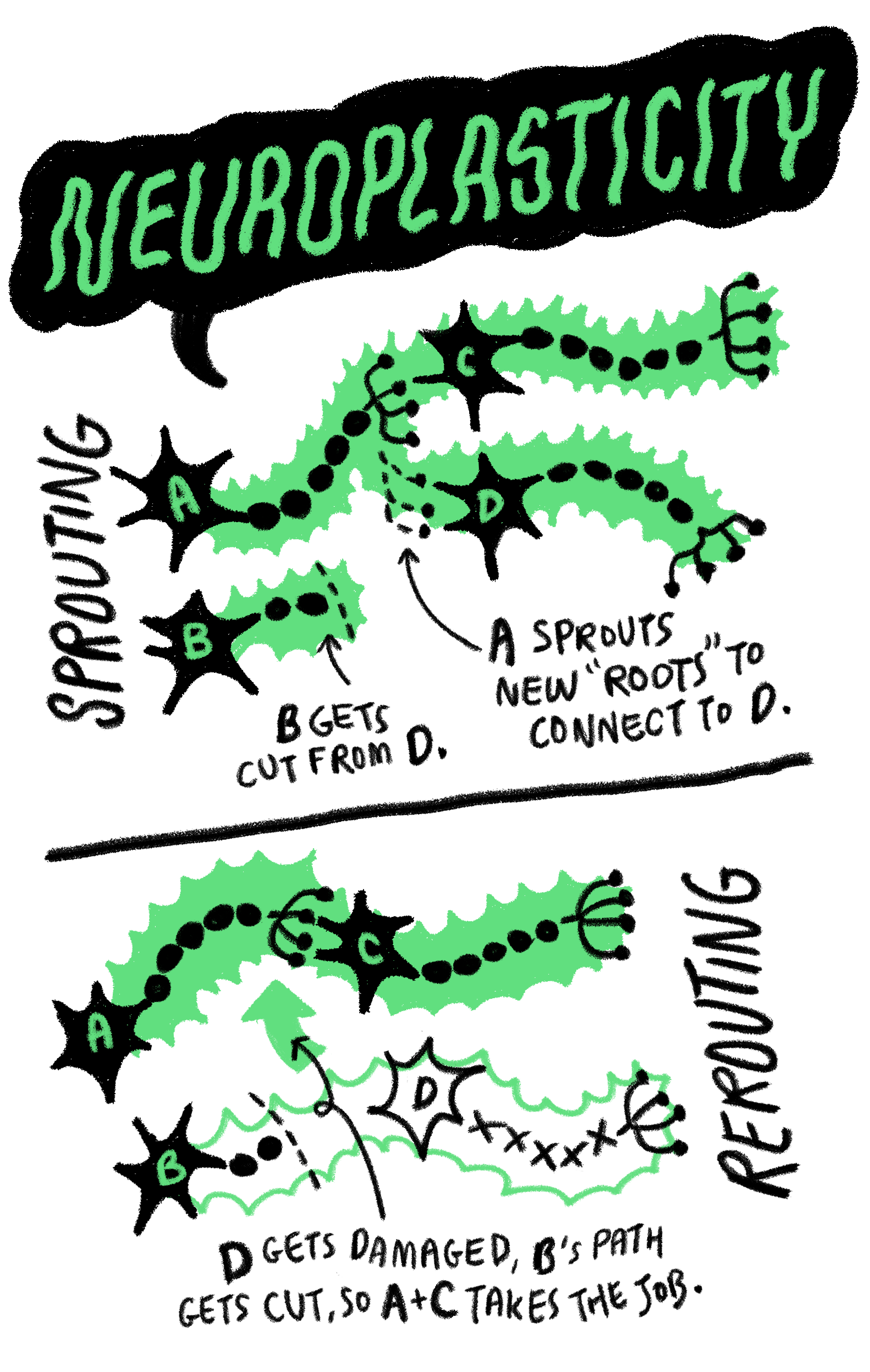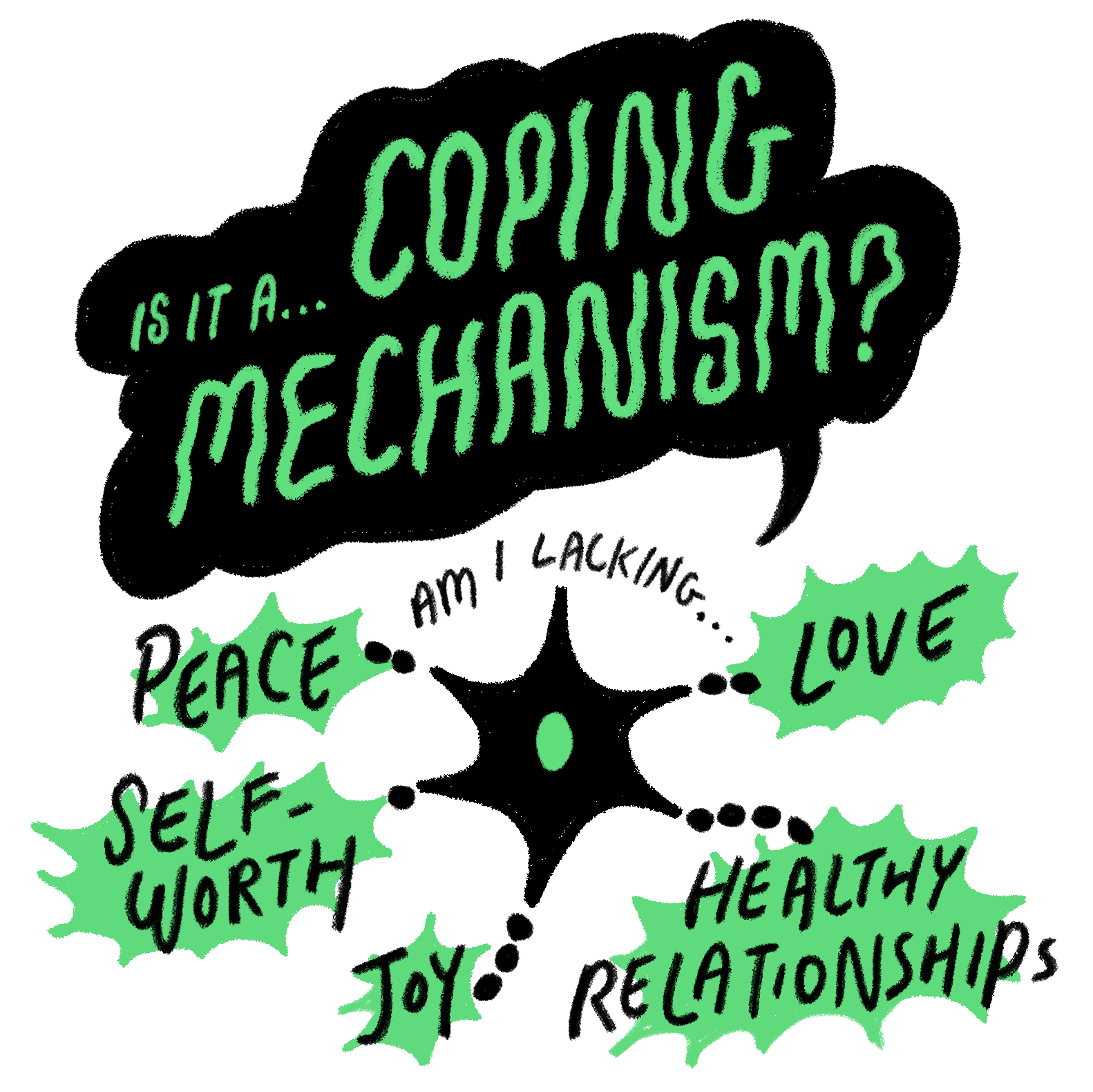Last month, Indigo&Co and Lakeside Family Services co-organised a symposium titled “Pornography: The New Drug?” that examined the problem of pornography addiction among young people. Speaking at the symposium, Dr Eric Dooley, a certified Sex Addiction Therapist who works with people facing drug and sex addiction, laid out the process of how pornography affects our brains.
Dr Dooley started with an example of his favourite Singaporean dish, char kuey teow. Whenever he walks into a hawker centre, he will think of char kuey teow. That happens because he had a good experience with it, and it has been recorded in the brain.
The same experience will bring less and less pleasure, and the brain will crave for more and more.
Dr Dooley explained that this is “reward prediction” in the brain. After we have experienced something good, our brain will take “cues” from the environment and try to link them to those experiences. That is what we call a neural pathway.
But when we keep hitting the “pleasure centre” in the brain, the neural pathway will be damaged. A chemical called “dopamine” will be overproduced in the brain and we will become hypersensitive to external cues. At the same time, the pleasure centre will become more and more numb. The same experience will bring less and less pleasure, and the brain will crave for more and more.

Now apply pornography to the same framework, said Dr Dooley. When we face sexual temptations, our brains remind us of our past experiences with porn and masturbation. And they make us crave for the pleasure.
Over time, we become increasingly sensitive to the temptations and that’s when we feel like our lust intensifies. We also have a stronger craving for pleasure from porn and masturbation, because we are no longer easily satisfied.
That’s the downward slope of porn and how it leads to addiction. At some point, the brain goes “offline”, and we might feel like we can’t stop even if we try!
But there’s also good news.
Dr Dooley pointed out that our brains are fully formed, but they are not fully developed. “It’s like having a computer that has all the hardwares installed, but the softwares have not been downloaded,” he added.
Our brains are designed to change, which is what is called neuroplasticity. We can rewire our brains by building new neural pathways.

So the real question is, how can we do that?
Or to be more specific, how can we journey with one another in youth ministry when it comes to the easily hidden areas of our lives? Here are five helpful tips from my own personal and ministry experience.
1. Be real
Vulnerability breeds vulnerability. There is no doubt that sexuality, pornography and masturbation are among the most awkward and difficult topics to talk about in church. Hence, intentionality and accountability are important.
No one can force us to open up and be honest when it comes to something so private and personal. And people can only support and journey with us to the extent that we allow them to.
And so, what we can do is to create a safe environment for each other to share about our journeys and our struggles. This, of course, should only be done in a trusted circle of same-gendered individuals.
For those of us who are spiritual leaders and mentors, we must also be mindful not to share about our own struggles with the sole intention of getting others to open up. Journeying together means that we should also involve those that we lead when we stumble and fall.
When trusted friends have opened up to us, trust and accountability must be mutual. In fact, we become better role models when we allow others to see not just how we succeed, but also how we stumble, repent and recover (1 Corinthians 11:1).
2. Be discerning
Dr Dooley also shared that porn and masturbation aren’t the problems but merely the symptoms. The important question is, where does the desire come from?
We often turn to porn and masturbation to escape from something that we can’t seem to cope with. The real problems actually lie in our hearts, and it requires us to dig deeper.
A mentor once taught me to search my heart by looking at the fruit of the Spirit found in Galatians 5:22-23. What exactly am I lacking in my heart that causes me to be tempted?

- Is it a lack of love that causes me to crave for a temporal satisfaction?
- Is it a lack of joy that causes me to look for a quick fix to feel happy?
- Is it a lack of peace that makes me want to escape from all my troubles?
We need to figure out for ourselves where the lack is.
As we start to identify what our hearts truly crave for, we will find that only God can truly satisfy us (John 4:10-14).
3. Be holistic
Sexual temptations and sins are important aspects that we all need to deal with in our walk with God, but they’re certainly not our only areas of struggle.
To grow in purity and our relationship with God, we need to confront every area of our lives. That is something that should also be reflected in how we journey with one another in church communities.
Only seeing each other as accountability partners when it comes to sexual temptation leaves out many other areas of our lives that require accountability and covering. And so, having conversations about different things in our lives will normalise vulnerability and strengthen trust.
Don’t just account to one another for the sake of accounting. Accountability must be done on the basis of relationship, and a desire to spur one another on toward love and good deeds (Hebrews 10:24).
4. Be consistent
One of the biggest hurdles I find in building a stable and strong accountability system is inconsistency.
For instance, if one only checks in on a trusted brother after a sexuality seminar or a sermon on lust… it can sometimes feel like one is just clearing a checklist.
Instead, we need to be intentional and consistent in having conversations about sexual temptation and struggles with our accountability partners. And if we are accounting to our leaders and mentors, we should also take ownership by bringing up the topic ourselves.
Shame thrives in the darkness. The less we talk about it, the more control it will have over our lives. In order to break the vicious cycle of isolation, loneliness, sexual struggles and shame, we will need to brave the discomfort and drag ourselves into the light.
5. Believe
Pursuing sexual purity is definitely not a linear or easy journey.
In his book Hide or Seek: When Men Get Real with God about Sex, John Freeman emphasises that our fight against lust cannot solely depend upon self-help mechanisms or strategies – it must be founded on our transformation in Christ.
Freeman’s reflections on this deserve to be read in full:
“I like to think instead in terms of ‘biblical change’ which depends on discovery (rather than recovery) and is therefore more hopeful. One might say that recovery is the side effect of discovery. I need to discover what God has done for me in Christ and how the Gospel beckons me to Him when I feel least worthy or capable of moving towards God. My heart longs to discover that He still cares for me no matter how I have disregarded Him. It’s the discovery of God’s heart for the brokenhearted and crushed in spirit that is the most powerful realisation! That’s why “recovery”, the idea of stopping something to get back to a time before I had the problem, falls short of true biblical transformation.”
Finally, when setbacks and discouragements come – keep encouraging each other to look to God and persevere.
We are made new in Christ and we are victorious in Him. Be confident that He who began a good work in you will carry it on to completion (Philippians 1:6)!
- What sexual temptations do you usually face?
- Are you able to identify what are the deeper struggles that cause this desire?
- How can you take the first step in addressing these deeper struggles?
- Is there someone who can journey with you in the area of sexual purity? Reach out and appreciate them today.









